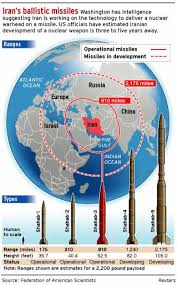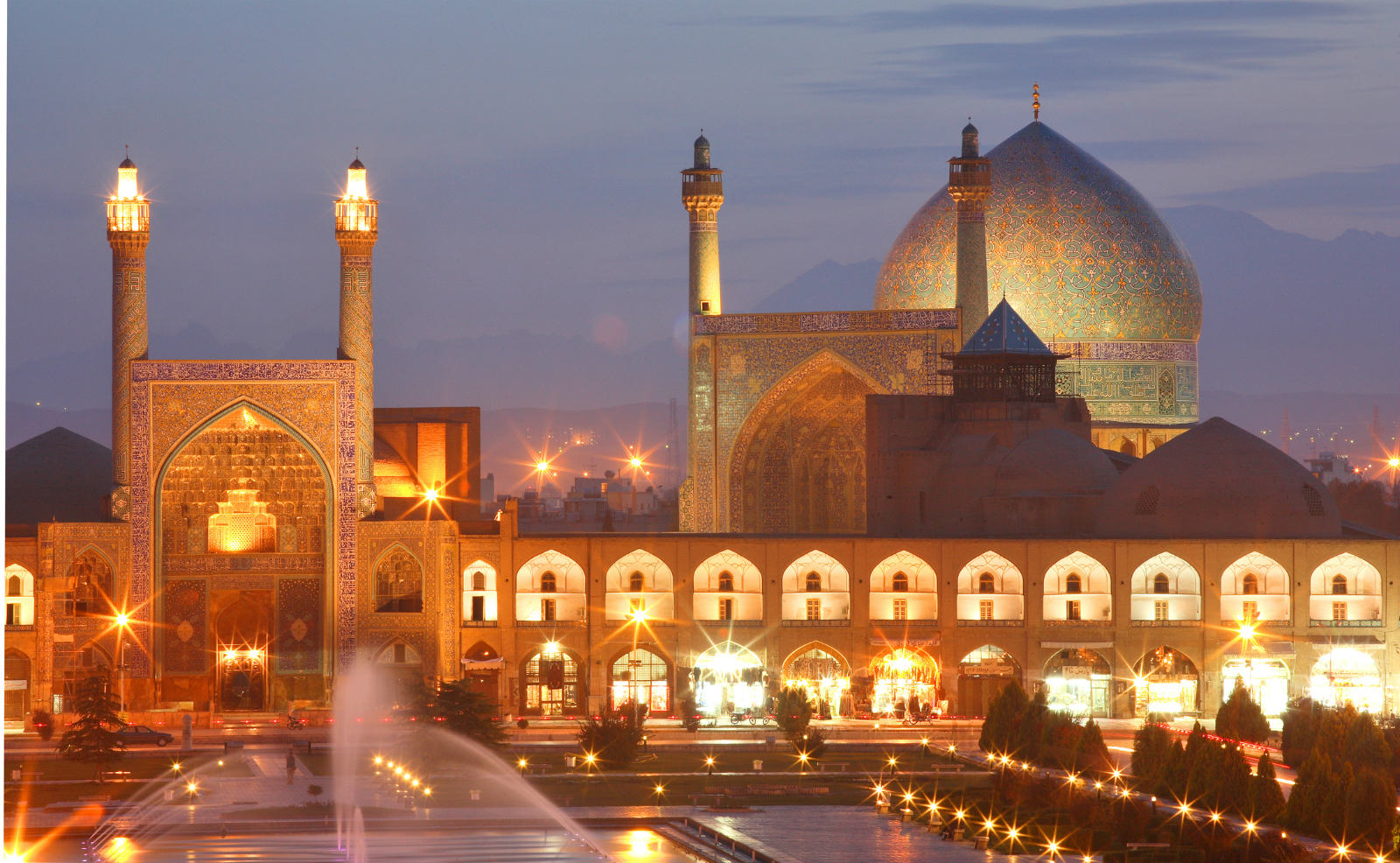
The Importance of Nuclear Non-Proliferation
The proliferation of nuclear weapons remains one of the most pressing issues in international relations today. In the context of Iran, the conversation around nuclear capabilities is not just a matter of national security for various nations but also a significant concern for global peace. The potential for nuclear armament would profoundly alter the balance of power in the Middle East, making discussions around Tehran’s nuclear ambitions critical for regional and global stability.
International Treaties and Agreements
The primary reason Iran cannot possess nuclear weapons lies in its obligations under the Treaty on the Non-Proliferation of Nuclear Weapons (NPT). As a signatory since 1968, Iran is legally bound to refrain from developing nuclear weapons and to use its nuclear programme solely for peaceful purposes. This treaty aims to prevent the spread of nuclear weapons while promoting cooperation in the peaceful uses of nuclear energy.
Global Concerns and Sanctions
In addition to the NPT, Iran’s nuclear ambitions have been met with international scepticism, particularly from Western powers. The Joint Comprehensive Plan of Action (JCPOA), established in 2015, was a significant step where Iran agreed to limit its nuclear activities in exchange for relief from economic sanctions. However, the U.S. withdrawal from the agreement in 2018 and the subsequent return of sanctions have heightening tensions. Countries like the U.S. and Israel express deep concerns that any nuclear capability in Iran could lead to enhanced regional threats, including the potential for nuclear proliferation among its neighbours.
Regional Dynamics and Security Concerns
The geopolitical climate of the Middle East adds layers of complexity to the issue. Iran’s rivalries with countries such as Israel and Saudi Arabia loom large. For Israel, an Iranian nuclear arsenal represents an existential threat, thus driving it to engage in preemptive military strategies and its own nuclear capabilities, which it maintains undisclosed for strategic ambiguity. This rivalry further highlights the precarious balance in the region and underscores the international community’s interest in ensuring that Iran does not acquire nuclear weapons.
Conclusion: Future Implications
In conclusion, the question of why Iran cannot possess nuclear weapons is deeply tied to international agreements, geopolitical dynamics, and security considerations. Moving forward, the efficacy of diplomatic negotiations, the potential for future agreements, and regional stability will be essential in preventing nuclear escalation in the Middle East. For readers worldwide, understanding these complexities is vital as they have profound implications for global peace, security, and the future of international relations.
You may also like

Current Events: What’s Happening in Iran

Key Developments and Current Events in Iran

SEARCH
LAST NEWS
- Remembering Wendy Richard: The Promise to Co-Star Natalie Cassidy
- How Did Anglian Water Achieve an ‘Essentials’ Rating for Mental Health Accessibility?
- Shai Hope Leads West Indies in T20 World Cup Clash Against South Africa
- What We Know About Weston McKennie: Future at Juventus and Past at Leeds
- What We Know About the Upcoming Live Nation Antitrust Trial